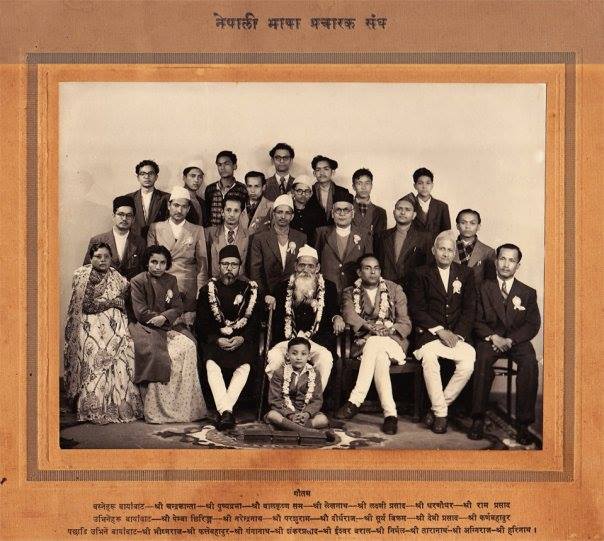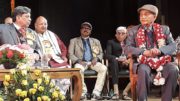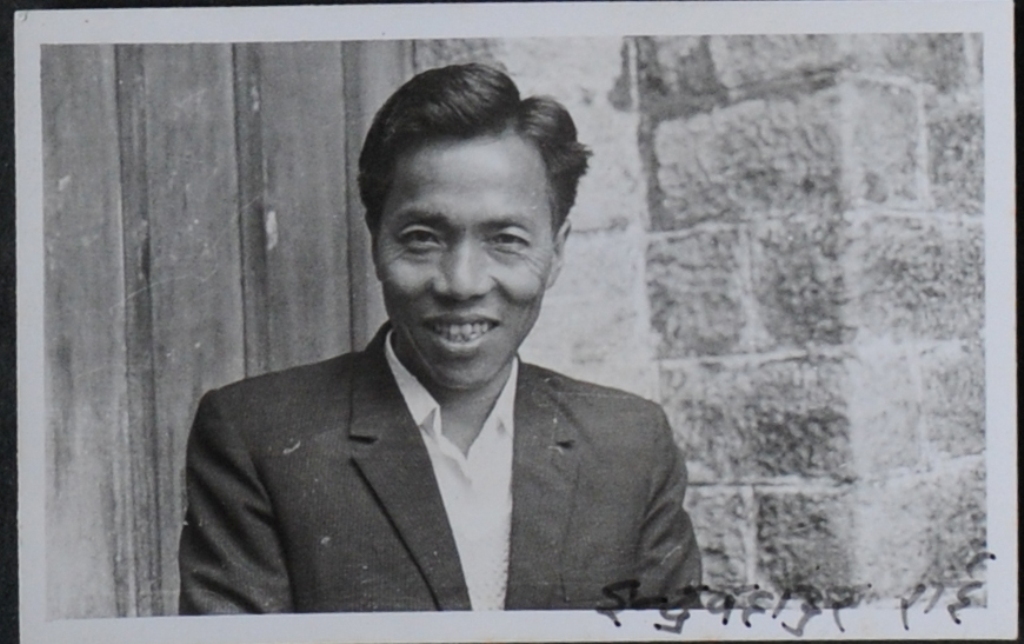Dear friends, I think you have also observed that the interest in literature (Nepali literature) and awareness of our cultural heritage has been dwindling among today’s youth.
There are poets and writers in Nepali today but I don’t see as many readers. There seems to be a divergent gap between the readers and writers in our language. I have heard people telling that modern Nepali literature is too sophisticated to understand. Also, the many ukhans, tukkas, thegos, bagdharas, anukaran shabdas and gau khane kathas seem to be increasingly limited only to textbooks.
Why should we care?
No civilization has progressed without pride in its own heritage. Even the Western Civilization, to which today’s kids look up to, was a product of Renaissance – a rebirth of faith in their own history and culture. The Renaissance of this sort was what the great Swami Vivekananda envisioned for India.
Literature is an important vertical of culture and culture is a part of our identity. After all, aren’t we fighting for Gorkhaland based on our unique history, culture, language and ethnicity? If we don’t preserve and nurture it, kun mukh dekhayera Gorkhaland mangne?
The Government of West Bengal keeps trying to officially obliterate our identity be it renaming places in Siliguri or not keeping Nepali as a language option in the official website of Darjeeling (darjeeling.gov.in). (All offense directed to the Government of West Bengal)
Also, some leaders today have been trying to trivialize the identity issue bringing it down to telling a taxi driver that we don’t want to go to Kakarivitta. Let’s not fall prey to all that. The onus is on us, all Indian Gorkhas, to protect and nurture the Indian Gorkha identity in whichever way possible. Literary heritage is just one way.

In Pic: Gathering of eminent personality of Nepali Language in Darjeeling around 1950’s includes luminaries like: Shri. Balkrishna Sam, Shri. Laxmi Prasad Devkota, Shri. Lekhnath Poudel, Shri. Dharnidhar Koirala, Shri. Surya Vikram, Shri. Ishwar Ballav amongst others
What can we do?
Bipul Chettri has done an excellent job rejuvenating folk music. I feel happy when I hear youngsters today humming ‘Asaar’ or ‘Syndicate’. A similar awakening and rejuvenation have to happen in literature.
First, my appeal is to the young generation to be proud of our cultural heritage and pay more attention to Nepali language and literature. Read more. A lot of work in Nepali literature goes unnoticed. Once you start reading, I’m sure you’ll gain interest.
Tell me if you didn’t enjoy reading ‘Frontier’, ‘Paribanda’ or ‘Muna Madan’ in your textbooks. Or tell me if Hridayachandrasingh Pradhan’s ‘Sojha’ doesn’t make a valid point or if Devkota’s poems are not comparable to the works of Wordsworth. I personally find Paribanda no less entertaining and twisted than ‘The Usual Suspects’. Recently, I was reading the poetry collection ‘Akshar – Unplugged’ by Lekhnath Chettri (who is a youth poet from Darjeeling and a friend) and was amazed to see that the poems are so simple yet brutally meaningful in the context of our society.
Second, my appeal is to the writing fraternity. Please write more and promote your work. Share what you write. Do what it takes to draw more readers. Promoting doesn’t mean that you are being cheap. It means that you are proud of your work and you are being open to a wider readership.
Third, I invite more people to write in Nepali. We need the Acha Rai Rasiks, Shivakumar Rais and Devkotas of our times. Literature has to be popular among the masses. Let’s think of the day when kids once again hide a Nepali storybook under their desks and read as the day of success. I know people from our community who write excellently in English. Please write in Nepali too.
Fourth, if you have friends who write in Nepali and you like the work, translate it to English (of course with permission) or any other language and let others read it. You can also try translating works in other languages into Nepali. I remember when a friend in school translated Rabindranath Tagore’s ‘Where the mind is without fear’ to Nepali and it became an instant hit among all students.
Fifth, I request the schools in Darjeeling to be more proactive in this respect. Schools have already been doing a lot of good work in conducting poetry and essay competitions and observing and celebrating Bhanu Jayanti. But I request you to do more. Please remember that we do not have Universities in Darjeeling that can function as the hub of literary activity. It is the schools that have to take action. Moreover, many teachers and college professors in Darjeeling are literary figures themselves. They can help a lot in generating interest. I miss the days when contemporary poet Mrs Remika Thapa used to be our Nepali teacher in school. Every single student was a poet back then – I was one among the only two in school unable to conjure poetry.
Sixth, we also need the Dr Parasmani Pradhans of our time. He was the pioneer who made the curriculum, composed nursery rhymes, so many poems and single handedly wrote textbooks so that Nepali could be taught as a subject in School.
Today we need people of that energy who can do the same online. For example, there is so less about us on Wikipedia. A lot more can be written. But when some of us try to write something, we don’t find a reference to cite. We need scholars to write well researched articles about us – our language, literature and culture and publish it using platforms like Darjeeling Times so that people become more aware and we can add and improve content on Wikipedia.
Seventh, be aware of the richness of our language. We have things like ukhans, tukkas, gau khane kathas, bagdharas, anukaran shabdas which make Nepali very rich. Use them. You may not find equivalents in other languages.
Eighth and last, we all need to find more ways to nurture our cultural heritage. More brainstorming is needed. I request platforms like TheDC to help develop a meaningful discussion in this regard so that we find better and innovative ways to do this.
Writes: Chintan Pokhrel






Your article really enlightens about the importance of Nepali literature and it’s impact on our identity formation ..I just wanted to ask you for your views on the impact of colonial modernity on Nepali literature and how through the literature we Nepalis see ourselves in this modern day world.
Sancho kura bhannu bhayo chintan pokhreljiu.Bhasa,sanskriti ani jati bina kei hunu athawa garnu sakideina.Teskaran hami sabai Gorkhali haru milera hamro bhasa ra sanskritilai bachaunu sathei ajha aghadi badaunu parcha… Jai Gorkha….